After the Covid-19 crisis, many hoped that the global supply chain would return to normal. The World Trade Organization initially expected global trade to recover in 2024, but then abruptly reversed its forecast due to “increased geopolitical tensions, disturbances in the Red Sea and disruptions in the Panama Canal due to climate change.”
Fear of stranding
On March 21, the Panama Canal Authority (ACP) announced that, as planned, by the end of 2024, ACP will complete its assessment of the risks caused by climate change. The water shortage caused by the drought that has lasted for many months has forced the agency to reduce the number of ships allowed to pass through the canal, at times down to 24 ships/day (from 39 ships/day).
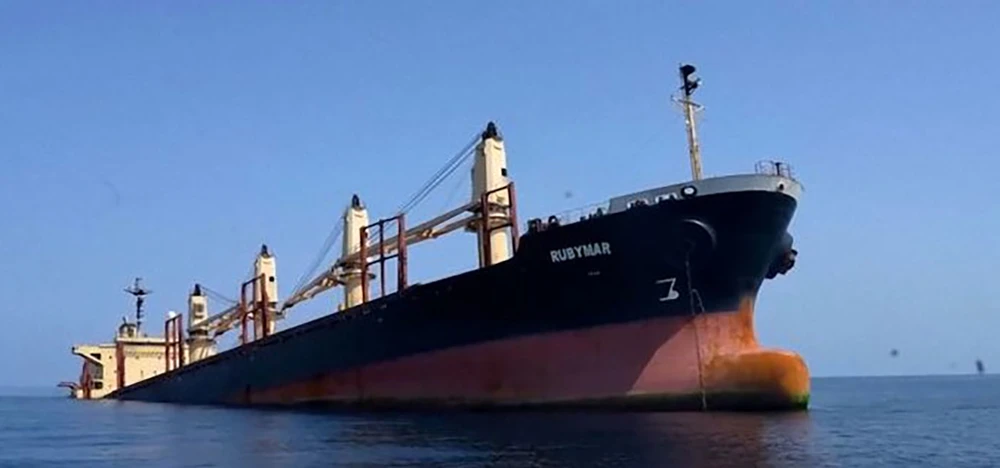
The scenes of ships and boats lining up at the Panama Canal emerged shortly after the World Meteorological Organization (WMO) confirmed the start of El Niño. Peter Sands, head of the freight traffic analysis team at the Xeneta platform, said maritime congestion can happen anywhere, but catastrophic incidents like the 2021 Suez Canal blockage have highlighted the vulnerability of this form of transportation.
In March 2021, the Ever Given - the world's largest container ship, ran aground for nearly a week in the Suez Canal, blocking all traffic through one of the world's busiest commercial shipping routes, causing widespread disruptions between Europe, Asia and the Middle East. It is estimated that about $9 billion worth of goods are stuck at the Suez gateway every day due to the Ever Given incident.
Analysts also warn that extreme weather due to climate change is also increasing the frequency of incidents like the Ever Given incident, with widespread consequences for supply chains, food security and regional economies . In addition to the Panama Canal, many other waterways, such as the Rhine River running through Germany and many European Union cities to Rotterdam, Netherlands, have also recorded low water levels for several years, causing ships to lose capacity and increasing transportation costs.
Resolve stress and conflict
Following the impacts of the Covid-19 pandemic, the Russia-Ukraine conflict and the current widespread conflict in the Middle East, the Houthi attacks on cargo ships in the Red Sea have dealt another "blow" to the global trade sector. Since the end of 2023, the Houthi forces in Yemen have increased their attacks on cargo ships related to Israel moving through the sea route connecting Asia with Europe and the US to pressure Israel to stop its military campaign in Gaza.
Concerned about the attacks, ships have diverted from the Suez Canal to longer routes around the Cape of Good Hope. In late January, the United Nations Conference on Trade and Development (UNCTAD) released a report saying that cargo traffic through the Suez Canal had dropped by 45% in the two months since the Houthi attacks. UNCTAD warned of higher inflation, uncertain food security and increased greenhouse gas emissions as shipping costs rise as cargo ships reroute to avoid attacks, resulting in longer journeys and more fuel consumption.
The international community affirms the need to enhance mutual trust, self-restraint in conducting activities that may complicate or escalate disputes; and to resolve disputes by peaceful means, ensuring stable seas and serving commercial purposes. With a trade value of about 5.3 trillion USD, countries in the region and the world all believe that freedom of navigation and aviation in the East Sea - an important route for global trade and connectivity - must be prioritized for protection.
On February 14, in an exclusive interview with India's ANI news agency, ASEAN Secretary General Dr. Kao Kim Hourn emphasized that ASEAN member states have a common approach to issues related to the East Sea. Mr. Kao Kim Hourn mentioned the ongoing negotiations on the Code of Conduct in the East Sea and said that ASEAN is considering ways to manage the situation in the East Sea.
DO VAN compiled
Source




![[Photo] Hanoi morning of October 1: Prolonged flooding, people wade to work](https://vphoto.vietnam.vn/thumb/1200x675/vietnam/resource/IMAGE/2025/10/1/189be28938e3493fa26b2938efa2059e)





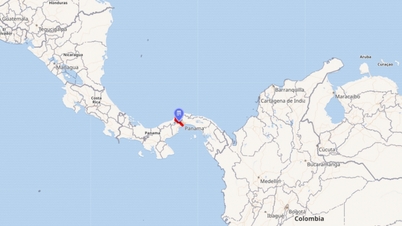



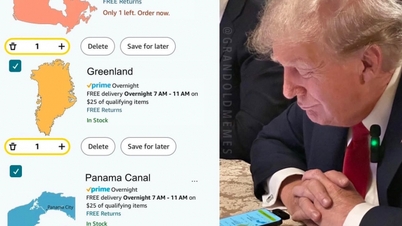
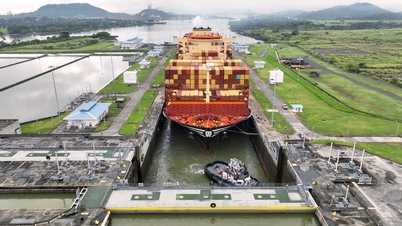















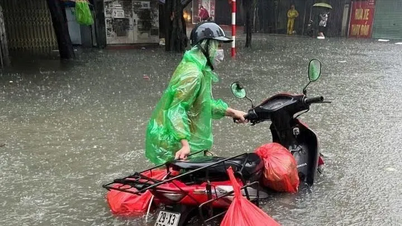

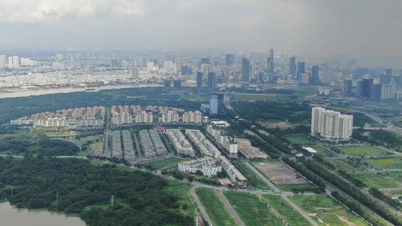

![[Photo] Panorama of the cable-stayed bridge, the final bottleneck of the Ben Luc-Long Thanh expressway](https://vphoto.vietnam.vn/thumb/1200x675/vietnam/resource/IMAGE/2025/9/30/391fdf21025541d6b2f092e49a17243f)
![[Photo] The 1st Congress of Phu Tho Provincial Party Committee, term 2025-2030](https://vphoto.vietnam.vn/thumb/1200x675/vietnam/resource/IMAGE/2025/9/30/1507da06216649bba8a1ce6251816820)
![[Photo] President Luong Cuong receives President of the Cuban National Assembly Esteban Lazo Hernandez](https://vphoto.vietnam.vn/thumb/1200x675/vietnam/resource/IMAGE/2025/9/30/4d38932911c24f6ea1936252bd5427fa)
























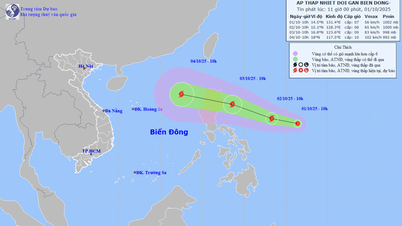
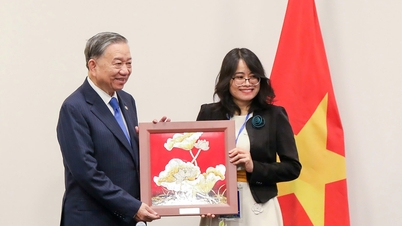

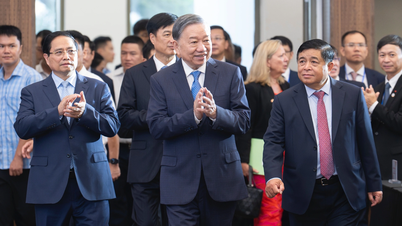
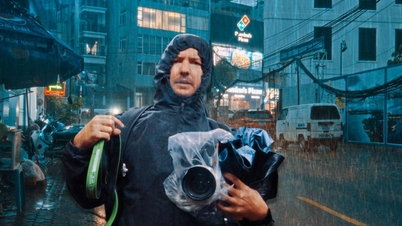
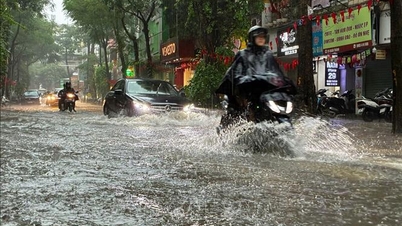



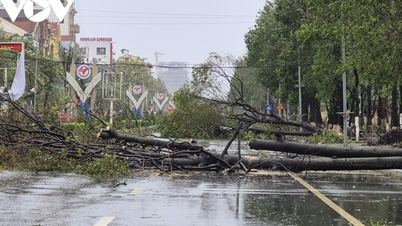
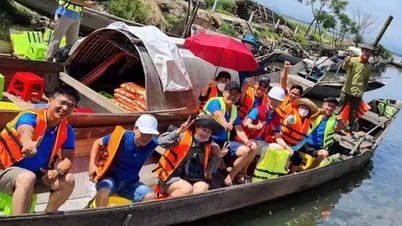





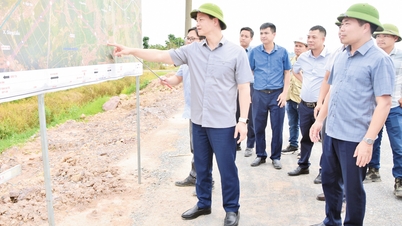

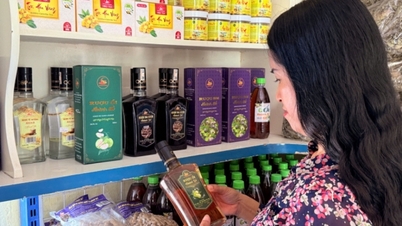

















Comment (0)